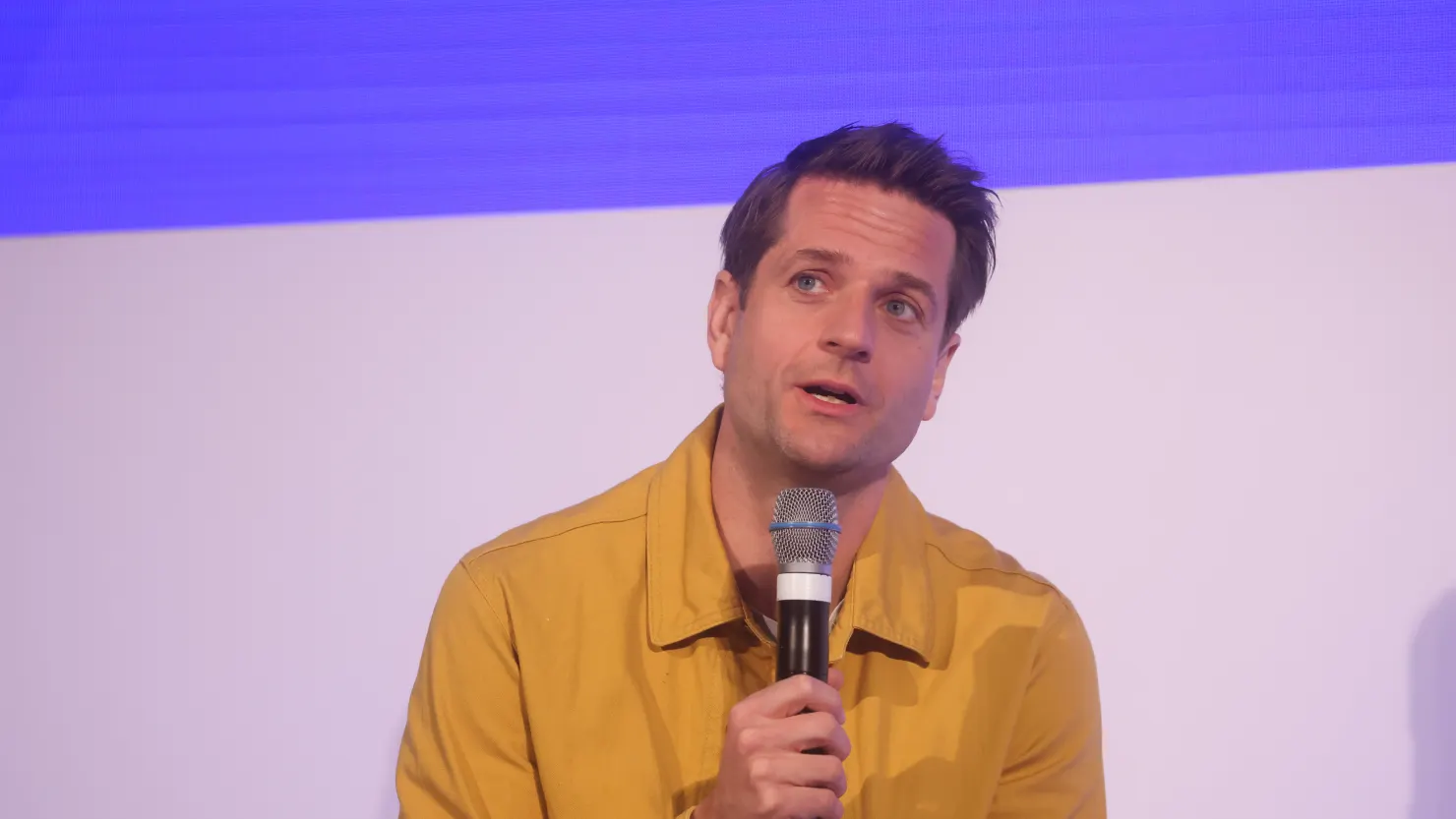Klarna, the Swedish payments company known for its buy now, pay later (BNPL) services, reported a sharp rise in net losses during the first quarter of 2025, as the firm holds off on its plans for a U.S. initial public offering. The company disclosed a net loss of $99 million, more than double the $47 million loss recorded in the same period last year. Klarna attributed the increased losses to several one-off expenses, including depreciation charges, share-based compensation, and costs related to corporate restructuring.
Despite the financial setback, Klarna saw its revenues grow 13% year-over-year, reaching $701 million for the quarter. The company also announced that it now serves 100 million active users and partners with 724,000 merchants around the world, demonstrating its continued global footprint and relevance in the digital payments sector.
Klarna’s anticipated IPO in the U.S., once expected to value the firm at over $15 billion, has been postponed due to growing market instability. The company cited external factors, including proposed new tariffs announced by former President Donald Trump, which have created volatility in financial markets. Klarna is not alone in hitting the brakes on going public—other companies such as online ticketing platform StubHub have also delayed IPO plans amid similar concerns.
In recent years, Klarna has positioned itself as a technology-forward company, particularly emphasizing the integration of artificial intelligence into its operations. In 2023, the firm entered into a partnership with OpenAI, the developer of ChatGPT. Since then, Klarna has used AI to enhance customer service, notably through the deployment of a digital assistant powered by OpenAI’s models.
Sebastian Siemiatkowski, Klarna’s CEO, recently highlighted the company’s strategic shift toward efficiency through technology. According to Siemiatkowski, Klarna has been able to reduce its workforce by approximately 40%, a move made possible in large part by its investments in AI systems. This streamlining is seen as part of Klarna’s broader goal to maintain competitiveness and agility in the fast-evolving fintech landscape.
As Klarna navigates a complex environment shaped by economic uncertainty, technological transformation, and fluctuating investor sentiment, it remains focused on long-term growth and innovation, even as it temporarily steps back from the IPO spotlight.
READ MORE:
